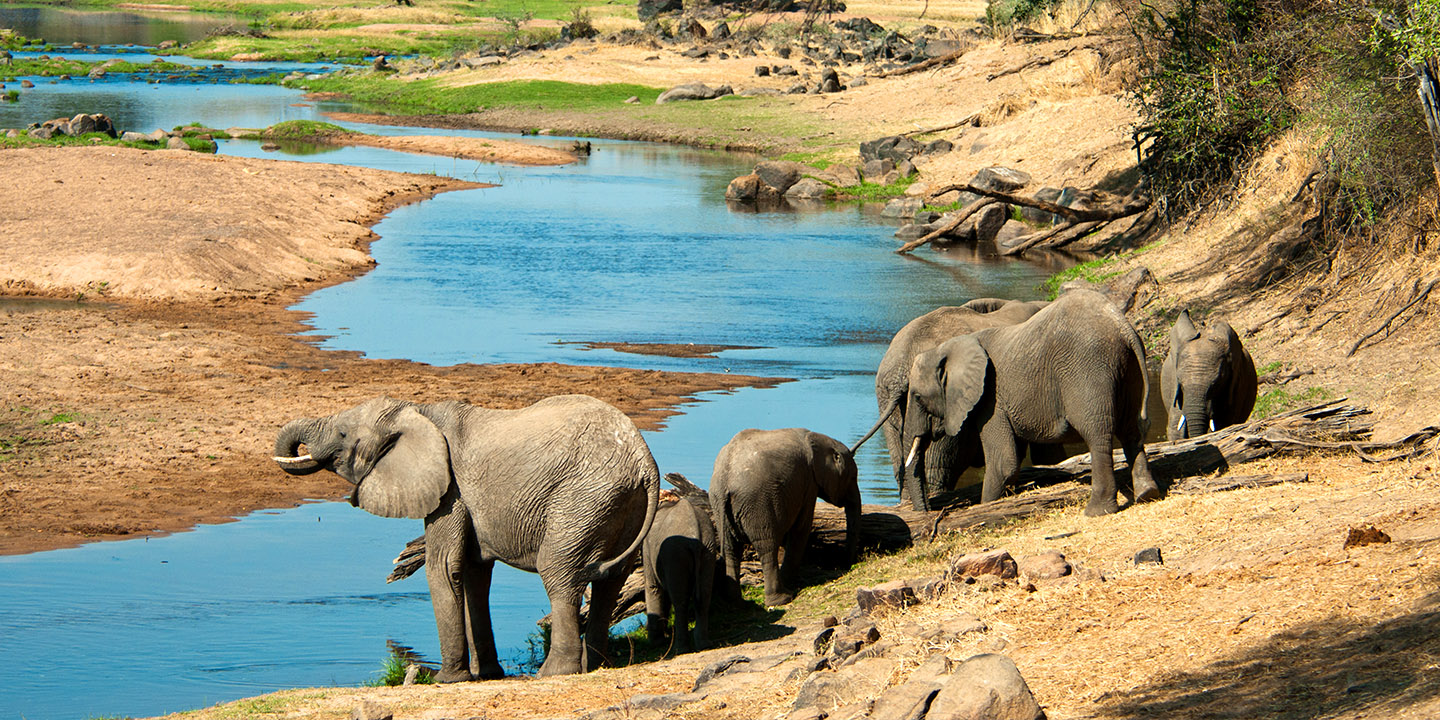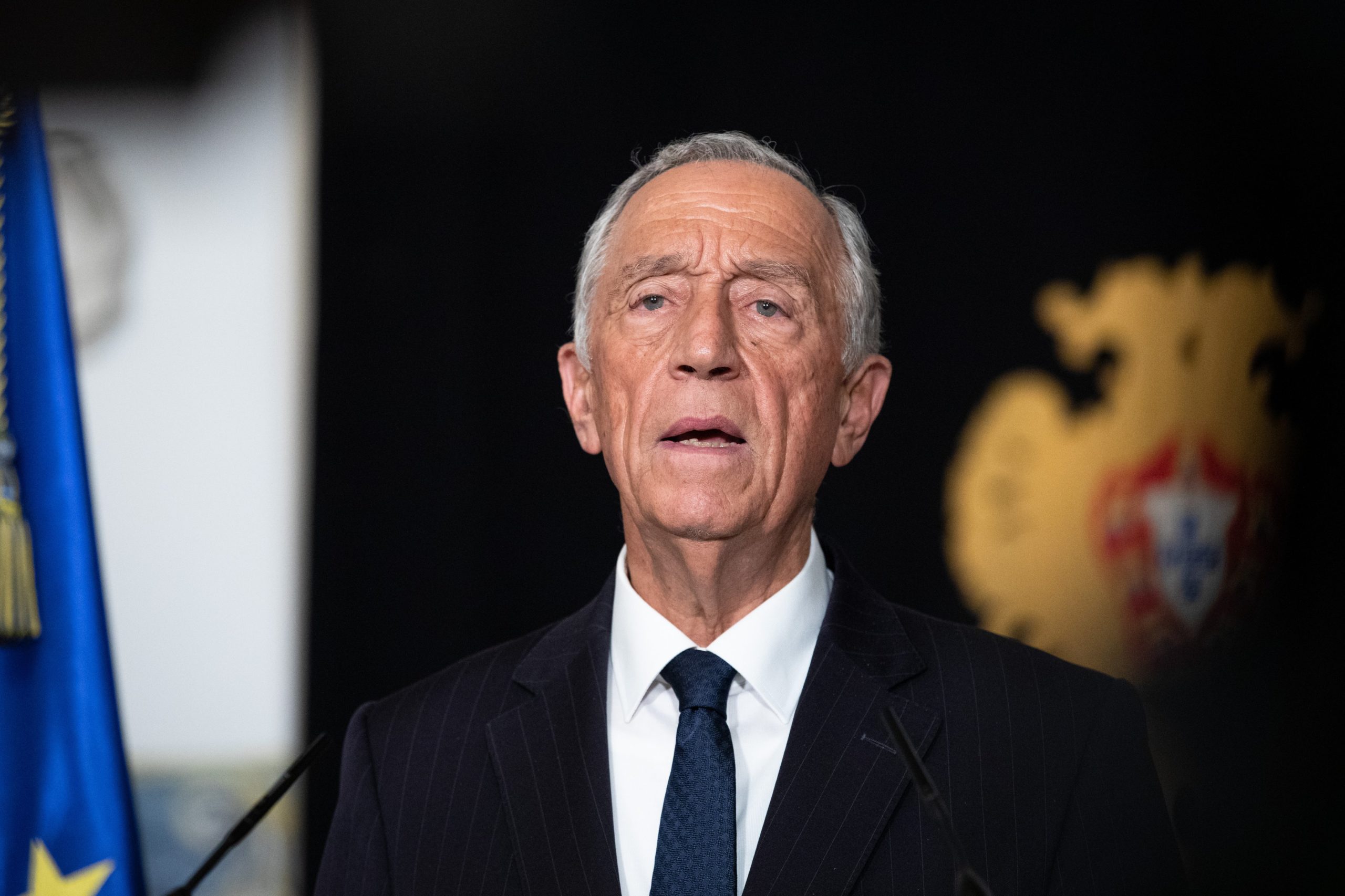Musings From Abroad
Ohio judge orders defendant’s mouth taped during court hearing
An Ohio judge ordered a defendant’s mouth taped shut during a courtroom hearing, and a media outlet’s video caught the scene of an officer duct-taping the man’s face to silence him
Musings From Abroad
World Bank stops tourism fund to Tanzania’s Ruaha park. Here’s why
Musings From Abroad
President de Sousa insists Portugal must ‘pay costs’ of slavery, colonial crimes
-

 Tech2 days ago
Tech2 days agoTanzania’s auto-tech startup Spana is simplifying car maintenance— CEO
-

 Culture2 days ago
Culture2 days agoNollywood thrown into mourning as another veteran actor Zulu Adigwe passes on
-

 Culture23 hours ago
Culture23 hours agoNamibia govt condemns tourists posing naked on Big Daddy Dune
-

 Tech23 hours ago
Tech23 hours agoNigeria’s NGX Group enters into strategic investment partnership with Ethiopian Securities Exchange




















